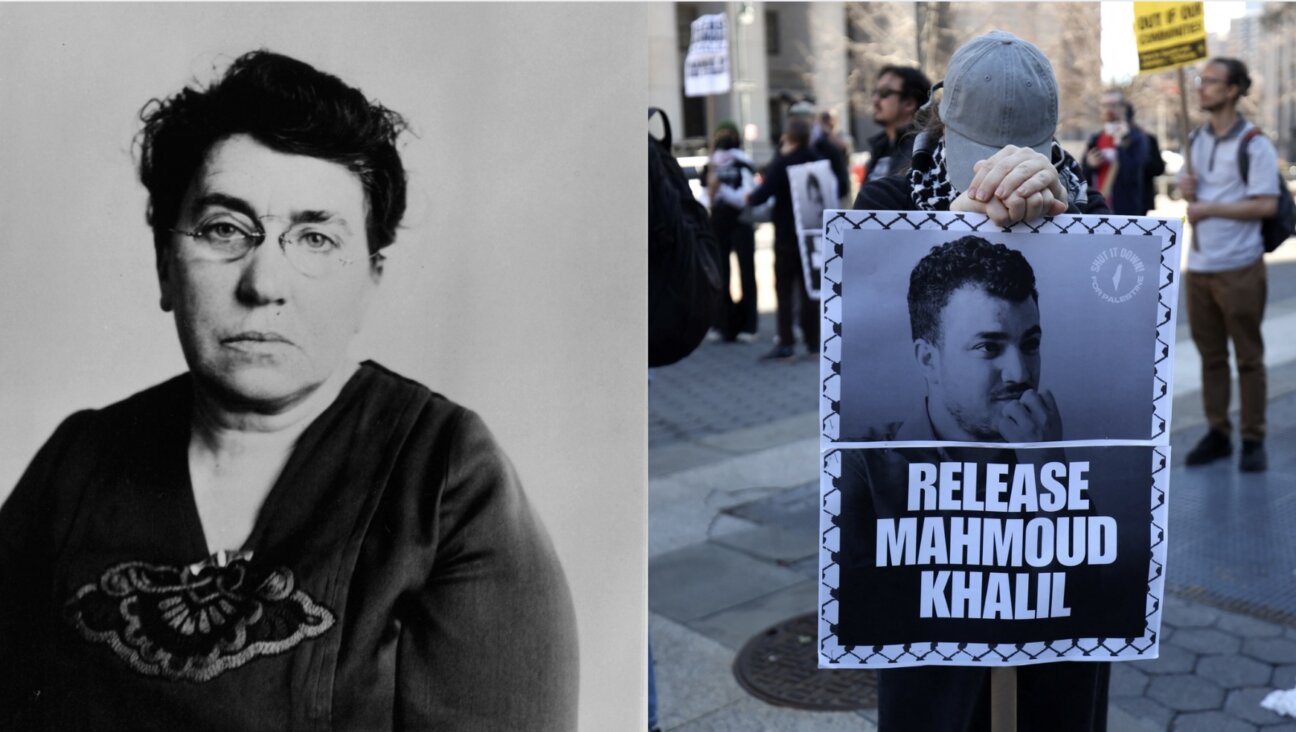You Must Not Remain Indifferent
Deuteronomy 22:1-3 contains the admirable commandment to return any lost ox, sheep, ass or garment that you come across and, if necessary, to go out of your way to do this. And then, at the end of Deuteronomy 22:3, the point is generalized by a command that reads, in the older and more literal translations: “Thou mayest not hide thyself” and in more recent translations: “You must not remain indifferent” or, “you must not withhold your help.” This is no doubt a perfect text on which to base a homily about our obligations to each other. But where do our obligations end? Should we give generously to every beggar we come across? If not, how should we act? There are halachic answers to these questions, of course, but the poets also have addressed the matter.
Charles Baudelaire was, characteristically, wandering through the streets of Paris in the middle of the 19th century when he, or his protagonist in this poem, who sounds just like Baudelaire, noticed an attractive young woman begging. Whether he hid himself or not remains unclear, but he certainly was not indifferent. In “To a Red-haired Beggar-girl,” Baudelaire has his protagonist address her and admit (in my translation, which follows the rhyme scheme and line lengths of the original) to an attraction:
He then notices how she carries herself:
And then he goes off into a long fantasy of what he wishes for her:
And many a duke of France
Hoping for lays would look
To your cool nook!
Kisses would then outspread
The lilies in your bed
And royalty would plea
For your decree!
So much for the good-will fantasy, which Baudelaire indulges to the limit; if he had his way, this beggar-girl would be at the center of the French court. But then the poet comes down to earth, and faces the reality of the beggar-girl’s life and his own limitations:
Great poets like Baudelaire have the virtue of acute psychological understanding; she wants a necklace, not meat and potatoes, and he can’t give her a necklace.
Baudelaire hardly can be accused of indifference; this farewell may be brutally realistic, but it ends with a wistfulness that is almost love.
Another French poet from several centuries earlier, Eustache Deschamps (circa 1340-1404), makes clear (in a translation I did with Jeffrey Fiskin) that there’s a lot to be said, when thinking about social problems, for a sense of realism without any fantasy at all:
In medieval ballades like this, the last stanza is an envoy, addressed to the monarch:
And this, I must say, is how I react to most worthy advice, including the advice at the end of Deuteronomy 22:3. Among the many problems in the world, no doubt there are a few that we can and will become involved with, but for the most part — the Sudan comes to mind — about the best we can do is indulge in imaginative sympathy, criticize those who offer counsels that can’t be carried out and applaud anyone who is actually dealing with the problem realistically.
David Curzon is a contributing editor to the Forward.
A message from our Publisher & CEO Rachel Fishman Feddersen

I hope you appreciated this article. Before you go, I’d like to ask you to please support the Forward’s award-winning, nonprofit journalism so that we can be prepared for whatever news 2025 brings.
At a time when other newsrooms are closing or cutting back, the Forward has removed its paywall and invested additional resources to report on the ground from Israel and around the U.S. on the impact of the war, rising antisemitism and polarized discourse.
Readers like you make it all possible. Support our work by becoming a Forward Member and connect with our journalism and your community.
— Rachel Fishman Feddersen, Publisher and CEO




























